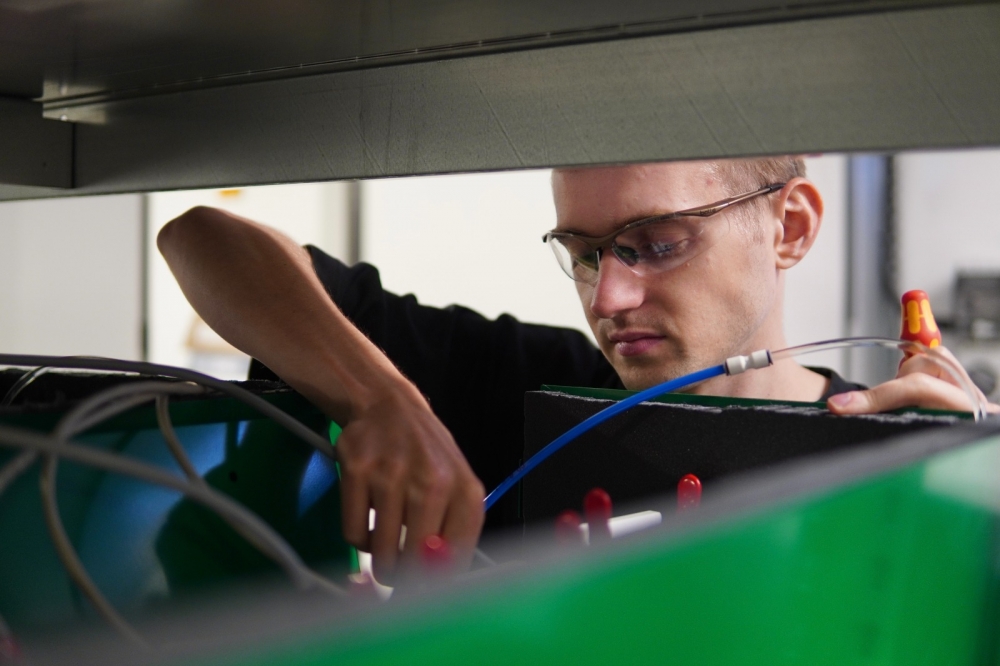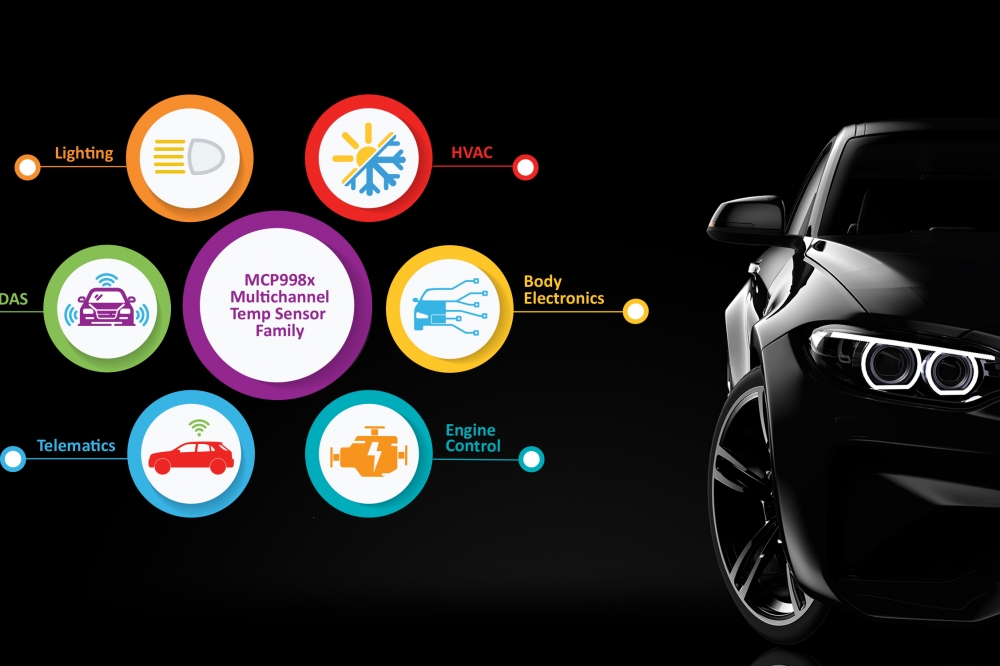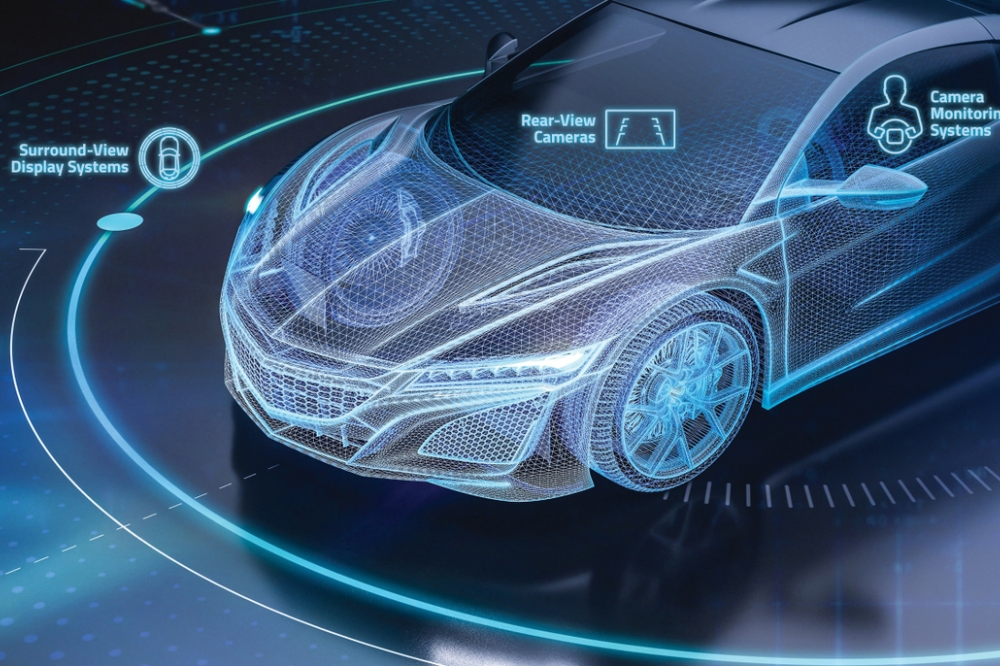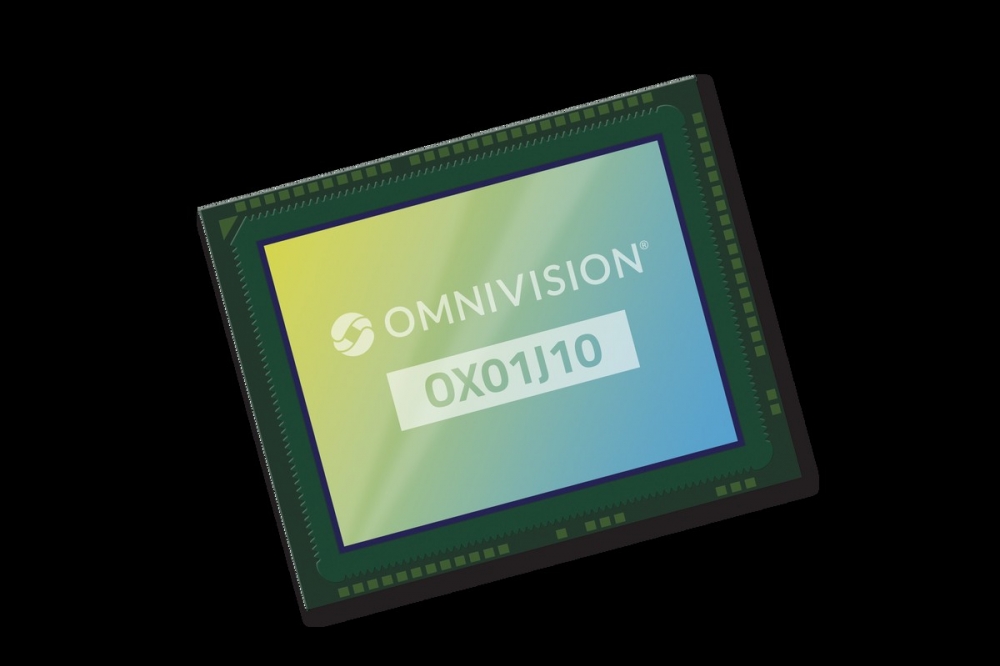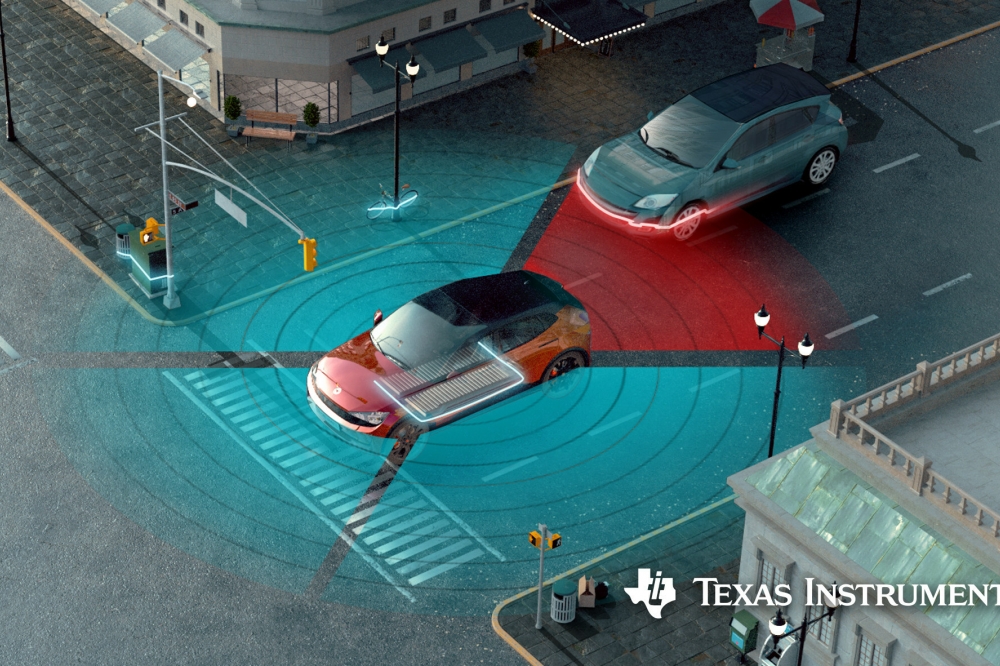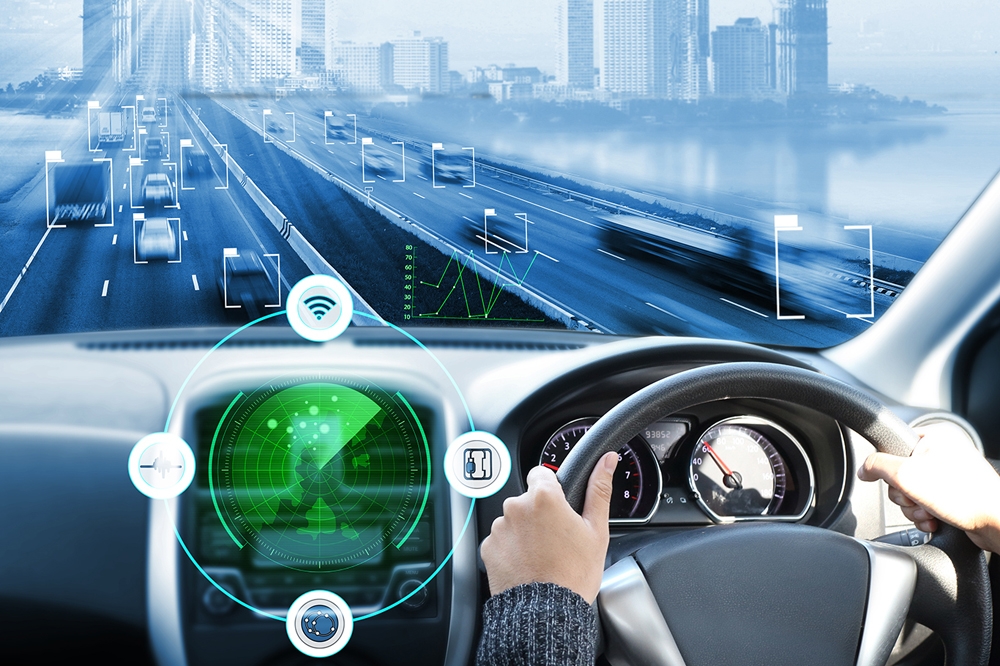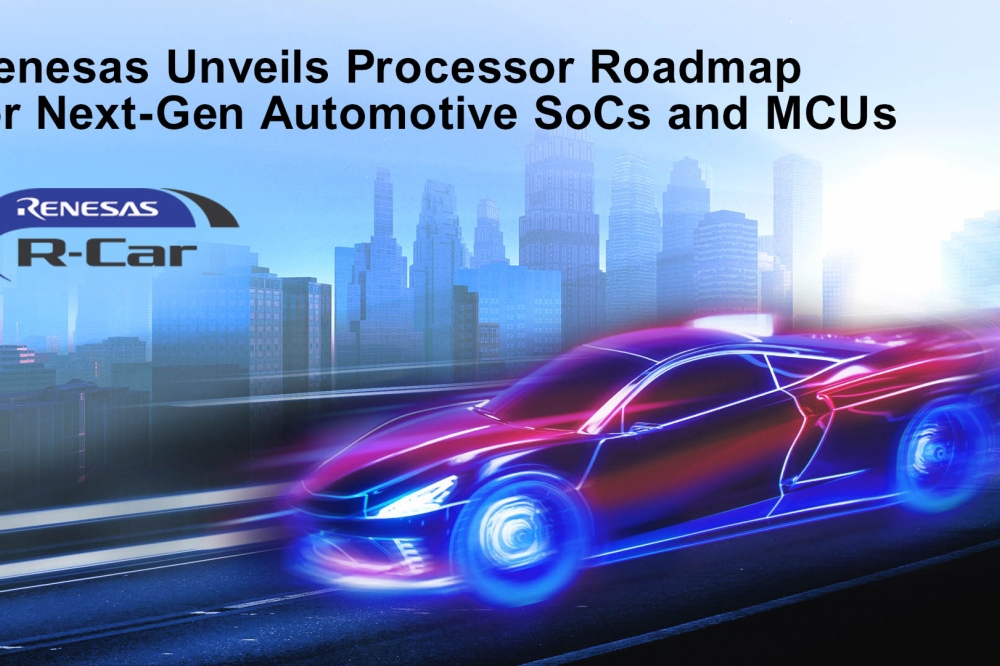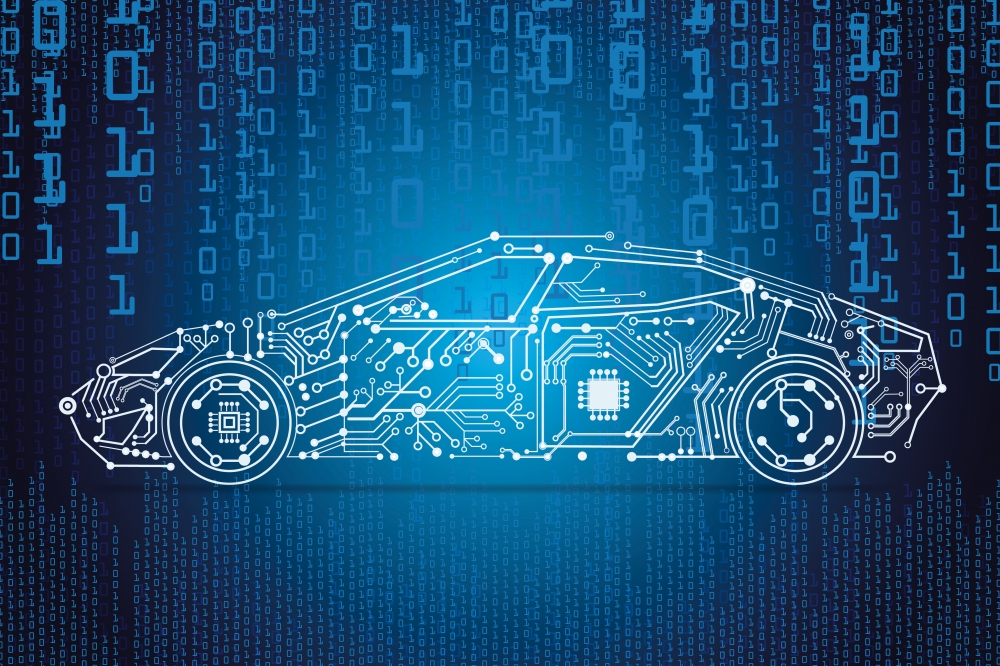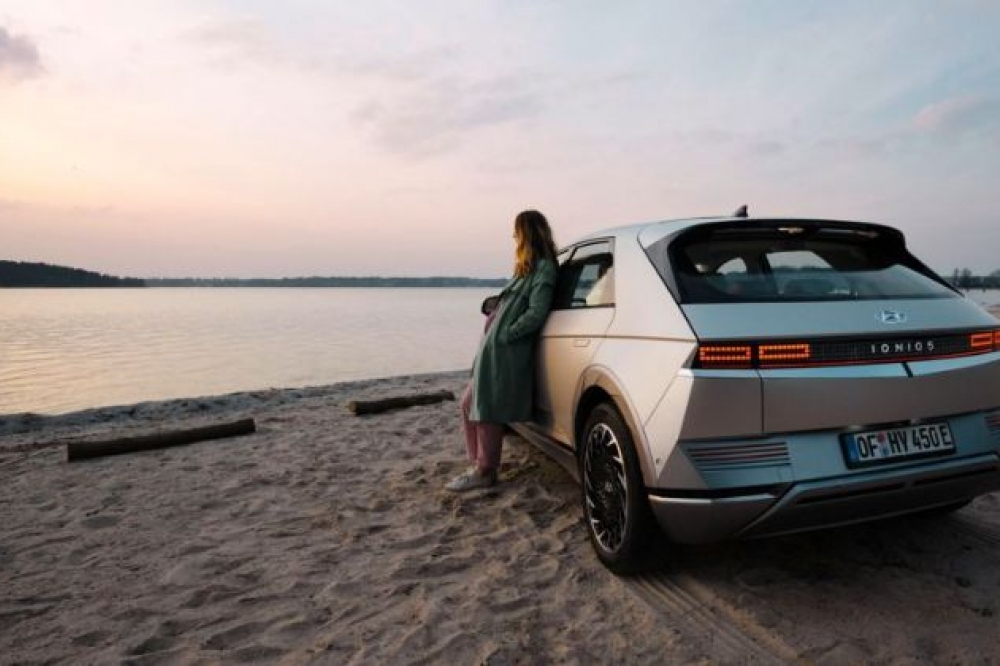Nissan planning to create a comprehensive EV ecosystem
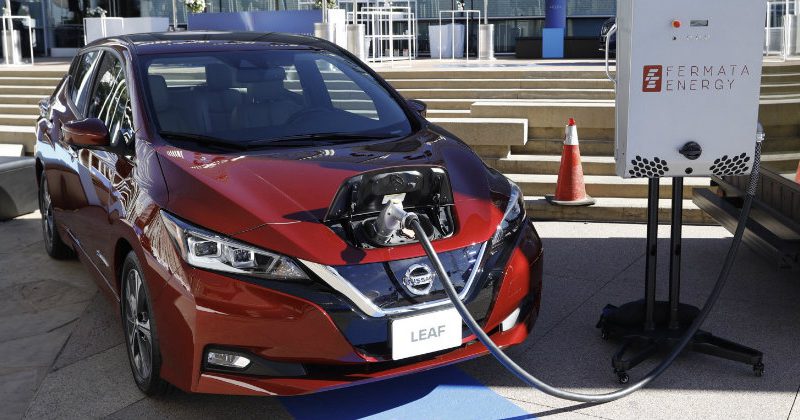
Under the plan, called Nissan Energy, owners of Nissan’s electric vehicles will be able to easily connect their cars with energy systems to charge their batteries, power homes and businesses or feed energy back to power grids. The company will also develop new ways to reuse electric car batteries.
Nissan has already begun programmes in the US, Japan and Europe aimed at creating an “ecosystem” around its range of electric vehicles, including the Nissan Leaf, the world’s best-selling electric car. Nissan Energy brings these initiatives together as part of the company’s Nissan Intelligent Mobility strategy.
“Nissan Energy will enable our customers to use their electric cars for much more than just driving, now they can be used in nearly every aspect of the customer’s lives,” said Executive Vice President Daniele Schillaci, Nissan’s global head of marketing, sales and electric vehicles. “Our Nissan Intelligent Mobility vision calls for changing how cars are integrated with society, and Nissan Energy turns that vision into reality.”
Nissan Energy will establish new standards for connecting vehicles to energy systems through three key initiatives: Nissan Energy Supply, Nissan Energy Share and Nissan Energy Storage.
High-profile Nissan Energy initiatives extend to a variety of locations, including Nissan’s North American headquarters:
Nissan North America will be piloting the use of Leaf vehicles to assist in powering its headquarters facilities during peak electrical demand times, anticipating significant cost savings
Hagen, Germany: Leaf vehicles will be used as a reserve for the German electricity grid, in an innovative pilot project involving Nissan, technology company The Mobility House, energy supplier Enervie and transmission system operator Amprion
Japan: Nissan is working with partners such as electric and telecom companies, conducting field tests of vehicle-to-grid and virtual power plant systems to confirm and promote opportunities for electric vehicles to assist with managing energy.
Nissan Energy Supply: Customers want to charge their electric vehicles when it’s most convenient, and the majority of charging takes place at home. Nissan’s efforts to assist customers includes verifying whether charging equipment, such as electrical sockets or wall boxes, can be connected to Nissan electric vehicles safely.
Away from home, customers can make use of the fast-growing CHAdeMO charging network – one of the world’s largest, with more than 22,000 quick-charging points globally. Finding charging locations and hooking into the network – allowing Nissan Energy Supply to come alive – is made possible through the revised LEAF navigation system and easily available NissanConnect app.
Nissan Energy Share: The batteries in an electric car can do more than just power the vehicle; they can also serve as mobile energy storage devices. Nissan vehicles already on the road contain more than 10 GWh of combined storage potential. Nissan Energy Share capabilities connect the vehicles with society’s infrastructure to allow them to share their high-capacity battery power with a connected home or building.
They also allow the cars to link to the local energy grid to act as virtual power plants – supplying the vehicle’s power to the grid and contributing to efficient energy management. Thanks to these capabilities, customers will be able to share spare battery capacity without compromising their mobility.
Nissan has already carried out Energy Share pilot programs in Japan, the U.S., Europe and other markets, collaborating with several companies and organisations. Once the pilot tests are completed, Nissan will be ready to rapidly commercialize the systems.
Vehicle-to-home (V2H): Nissan is working with partners to bring inexpensive equipment to the market to popularize V2H. Using V2H, owners of Nissan electric vehicles can use their cars as a power source for the household to save money on electricity bills, or as backup power during blackouts or emergencies. This allows the usage of renewable energy when available, or when electricity is cheaper.
Vehicle-to-building (V2B): Similar to V2H, V2B makes use of electric vehicle batteries to store energy for buildings and businesses. However, a V2B system can involve hundreds of vehicles to realise major cost savings for a company. Full-scale trials of V2B systems have already started in many countries, and Nissan has been working with partners with the aim of bringing the systems to market in 2019.
Vehicle-to-grid (V2G): Nissan has formed partnerships with utility companies and governments to harness V2G capabilities. In trials in Europe, Nissan cars are providing multiple services to the electricity grid – helping balance energy networks and incorporate renewable energy. Working with partners, Nissan is piloting ways to let customers earn additional income by sharing energy from their vehicles when they are not being otherwise used, without affecting the customer’s mobility needs or the health of the vehicles.
Nissan Energy Storage: The life of a Nissan electric vehicle’s battery isn’t over after it has finished powering the car. The battery can be recycled and refurbished for a number of different uses, from powering electric forklifts and generators to supplying energy to a sports arena. As more and more customers switch to electric cars, the availability of used lithium-ion batteries is expected to increase significantly as owners replace their vehicles.
Nissan planning to create a comprehensive EV ecosystem
Modified on Wednesday 28th November 2018
Find all articles related to:
Nissan planning to create a comprehensive EV ecosystem


 Add to my Reading List
Add to my Reading List Remove from my Reading List
Remove from my Reading List